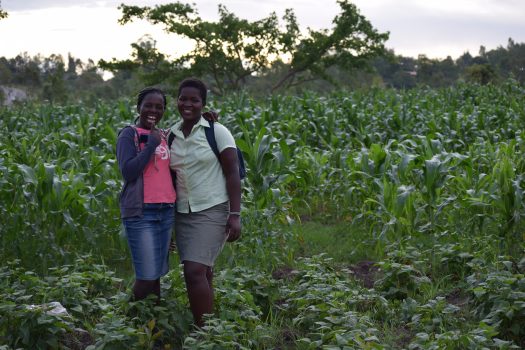Blog
Climate Change and Gender Equality
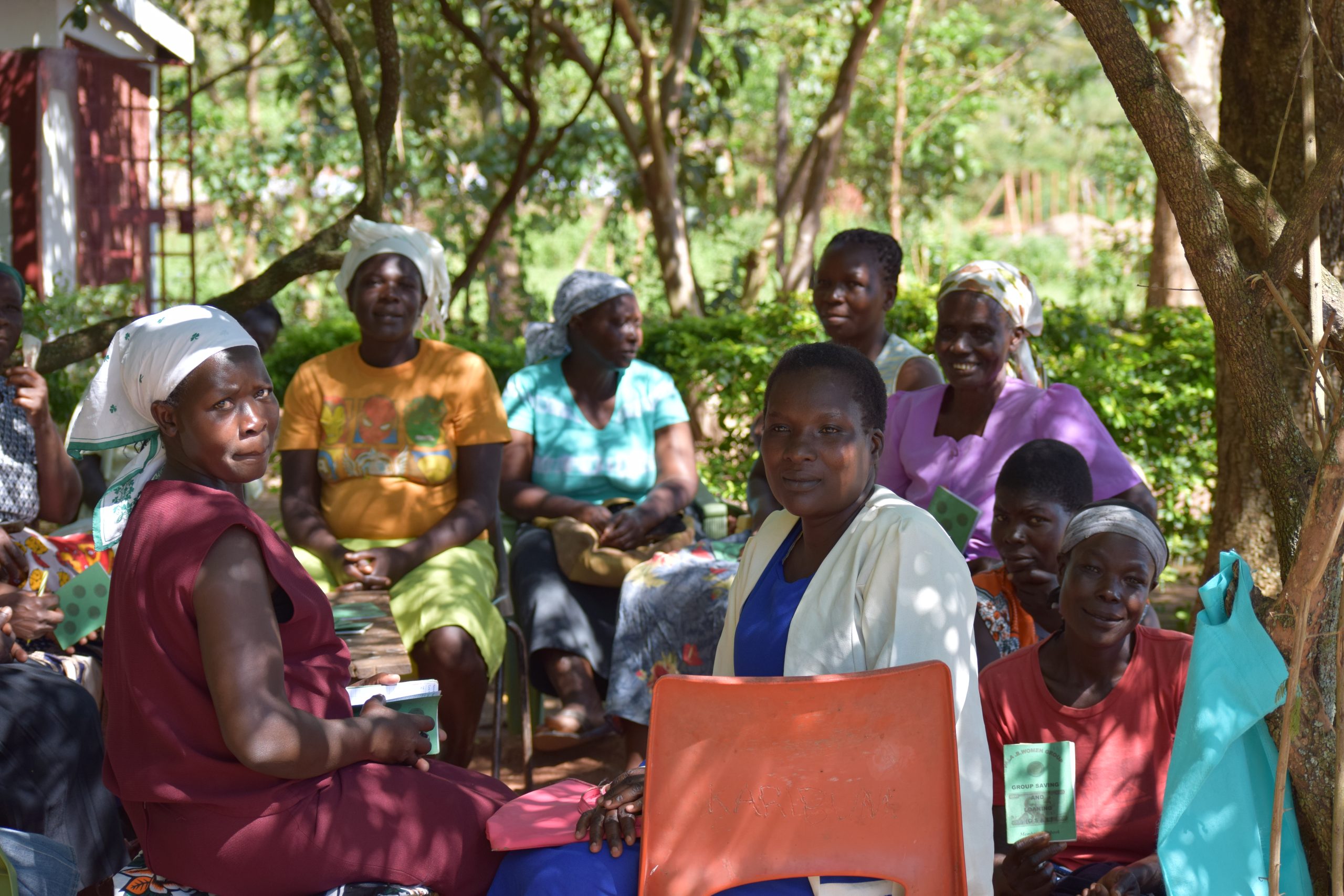
Climate change is one of the biggest challenges facing our population right now. However, what is often overlooked is the disproportionate impact climate change has on certain groups in society, especially women and girls living in lower-income countries. This year, our Newcastle University Team Kenya Society has set out to find out more about the links between gender equality and climate change.
The society’s research has found that women lack power in climate decisions on a global scale, due to their being underrepresented in environmental policy making. For example, in 2020, women held only 15% of top jobs as ministers of environmental sectors. As a result, women are not considered equally in policy surrounding climate change, and their differing, more challenging relationship to climate change is often overlooked.
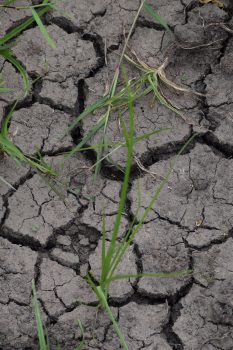
This is especially true in developing countries, where women often lack the assets and power which would reduce their vulnerability and enable their adaptation to the effects of climate change. Since women are less likely to be in positions of power or leadership, and more likely to bear the responsibility of securing food, water, and supplies for their families, they are forced to travel further when resources become scarce, increasing their risk of experiencing violence.
In many societies, socio-cultural norms and childcare responsibilities prevent women from migrating or seeking refuge in other places when a disaster hits. As such, women’s responsibility in securing household livelihoods during extreme weather conditions such as droughts and floods puts them at greater risk of harm.
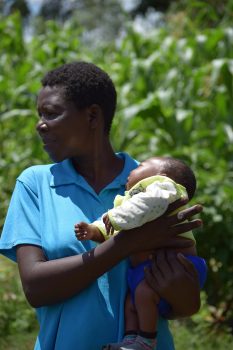
Additionally, women are more vulnerable when climate change acts as an added stressor. During times of stress and conflict, women face heightened risk of domestic violence, sexual intimidation, and assault.
The excessive negative impact of climate change on women can be measured through the number of girls withdrawn from school, surges in gender-based violence, rising levels of child marriage, and female casualty rates during extreme weather events.
Climate change and its risks are most acute for: indigenous and afro-descent girls and women, older women, LGBTQ+ people, women and girls with disabilities, migrant women, those living in remote, rural, conflict/ disaster prone areas. Many of the girls and women we support in Ndhiwa fall into these categories, and therefore we recognise the importance of promoting gender equality so that we can tackle the issues surrounding climate change – for everyone.
What Does Team Kenya Do To Help?
Team Kenya is committed to combating climate change, and therefore we ensure our activities are carried out in the most sustainable way possible. All our visits to Kenya are facilitated by Karibuni Eco Cottages. Operated and staffed by Twende Pamoja, Karibuni aims to be entirely sustainable for both people and planet. The accommodation comprises of environmentally friendly modern brick-built cottages or traditional Luo mud huts set in the beautiful Kenyan landscape.
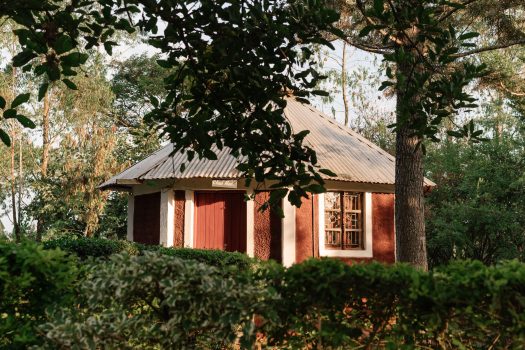
Karibuni is powered by solar energy, it collects rainwater for usage throughout the property, and has a demonstration farm which grows crops for use within Karibuni, as well as for the wider local community. The farm is used to teach women in Ndiwha how to be self-sufficient and grow crops sustainably. Not only is Karibuni great for our planet, but it also provides long term jobs and income for local people. It allows for an ethical form of tourism, where all profits are reinvested back into the community.
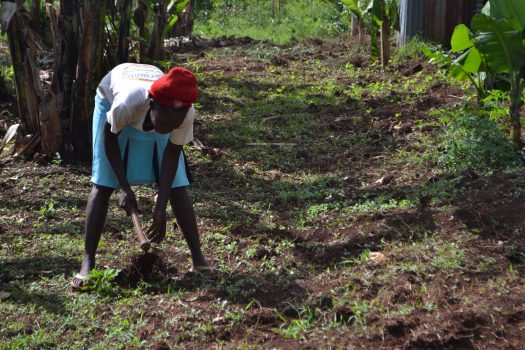
Twende Pamoja’s women’s groups give women in Ndhiwa access to agricultural training, seeds, fertilizer and tools, as well as financial training and access to microfinance. The programs provide women with the resources to be both environmentally and economically sustainable.
For example, funding from the Van Neste Foundation in 2022 enabled Twende Pamoja to implement projects to support a sustained return to their education for vulnerable girls following school closures due to Covid, by addressing the increased economic vulnerability of their female caregivers, and their ability to prioritise schooling for their girls.
The project focused on these key areas:
- Agricultural training for women on short term subsistence crops and longer-term cash crops.
- Training on agro-processing, packaging, marketing and selling.
- Providing the necessary seeds and equipment for women to develop or further develop their land.
- Providing basic financial management and business training to help women with setting up and managing small businesses.
- Linking women to table banking (microfinance) groups, to enable them to save small amounts weekly and to access occasional small loans to support their businesses.
- Supporting women to register as women’s groups and access local markets.
The activities in 2022 ensured 450 local women were trained and supported on sustainable agricultural enterprise by November, and they in turn cascade what they learnt to family members and neighbours. The women involved are the mothers or carers of girls who are supported by Twende Pamoja. They are trained on the roselle, moringa and aloe-vera value chain for income generation to improve their livelihoods, nutrition and health. They are also trained on good farming practices on other subsistence crops such as maize, beans, potatoes, cassava, kales, tomatoes and different fruits to increase yields and produce enough food, with the surplus sold for income generation.
Women gained skills to develop their land for both short-term and long-term crops to increase food security. 330 women from table banking groups were trained in their local communities to grow sweet potatoes. This training was carried out in conjunction with the Ministry of Agriculture. Sweet potatoes provide valuable food security in between the regular maize harvesting periods. Alongside their training, women were provided with moringa seeds, aloe vera suckers, roselle seeds, fertilizers, farm tools and equipment.
The ongoing basic financial training continues with every table banking group. By December 2022, women were being paid for their Roselle supply and they are using the income to buy uniforms and pay levies for their daughters in school. With its exceptional nutritional benefits (especially Vitamin C), families are reporting improved health, particularly in cases of anaemia. The production of roselle juice is a major success.
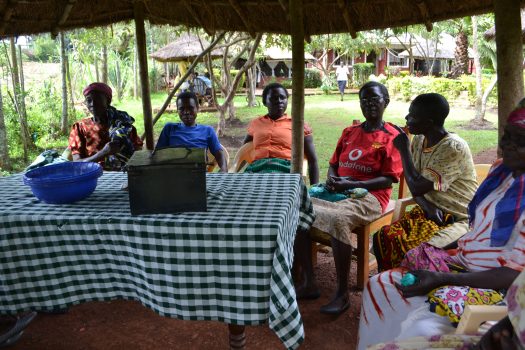
The training on the demonstration farm therefore provides women with the skills and knowledge needed so they can grow crops to feed their family, sell their produce, and increase the quality of life for their entire families. As such, our work on sustainable farming helps not only the planet, but also gives women more power in their relationship to climate change. Allowing women to build their own economic sustainability is essential in minimizing the inequalities they face in relation to climate change.
We also help to promote women’s financial independence through our table-banking schemes, where we offer small loans and educate on finances to develop women’s business skills and economic sustainability. Using our loans, women in Ndhiwa are able to invest in seeds, and sell their crops to create a sustainable household income which will allow them to send their daughters to school.
Twende Pamoja ensure to teach up-to-date agricultural practices, with consideration of how to manage the changing and unpredictable weather patterns due to climate change. Once women are equipped with these skills, they are able to take more control over their families income, and reduce the injustices they face due to climate change. Until this happens, climate change will continue to affect women in Ndhiwa disproportionately and so Team Kenya are committed to achieving climate justice.
The research conducted by our Newcastle University Society has revealed that there can be no climate justice without gender justice. As a result, Team Kenya are committed to investing in climate change and sustainability across all aspects of our work, especially by helping to encourage innovative climate-based solutions in Kenya which will help to improve quality of life of women and girls, allowing them to transform their local communities.
